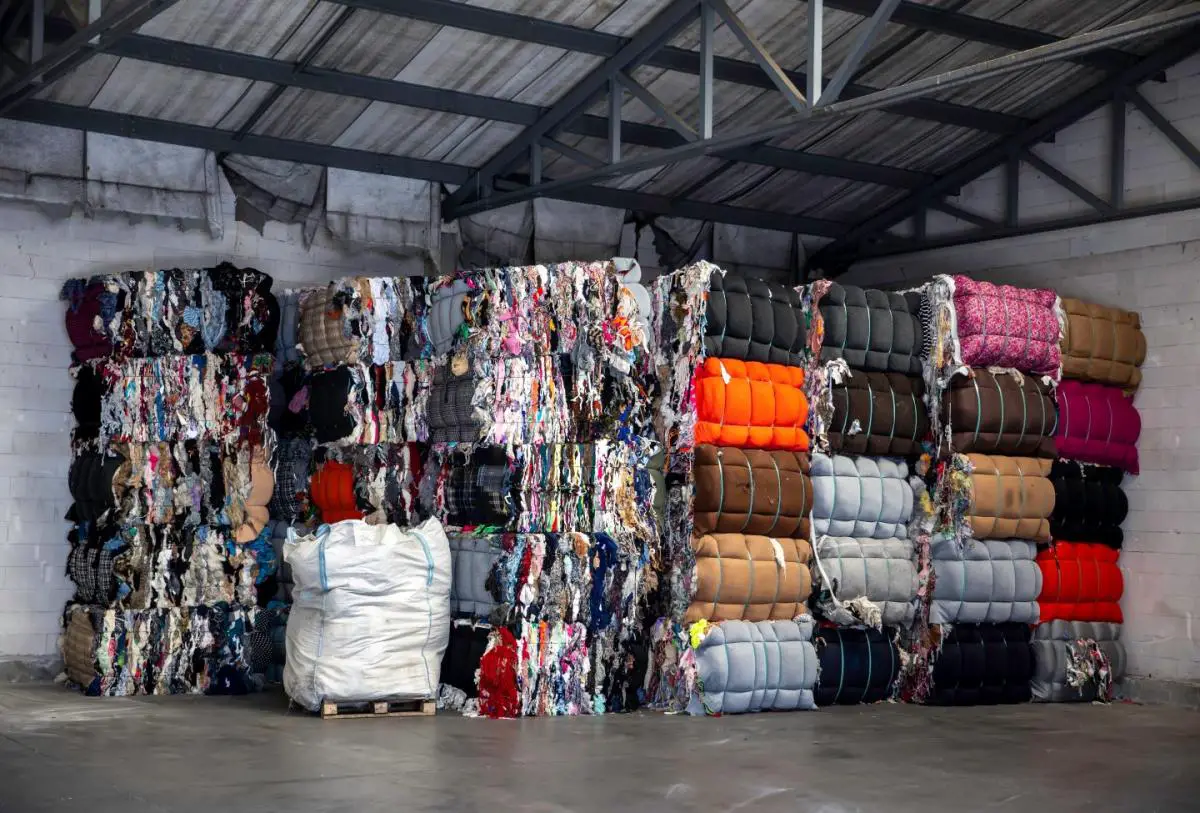
Egypt sees its military deal with Somalia as “historic” – in the words of Egyptian President Abdul Fattah al-Sisi – and a possible chance to settle scores over the mega dam.
Indeed the Nile dispute may well play out in Somalia, warns Dr Hassan Khannenje, the director of the Horn International Institute for Strategic Studies.
It could potentially lead to a “low-scale inter-state conflict” between Ethiopia and Egypt if their troops meet at the Somalia border.
Somaliland has also warned that the establishment of Egyptian military bases within Somalia could destabilise the region.
Both Ethiopia and Somalia are already coping with their own internal strife – Ethiopia with low-level rebellions in several regions and Somalia, recovering from a destructive 30-year civil war, still has al-Shabab to contend with.
Experts say neither can afford further warfare – and more unrest would inevitably lead to further migration.
Dr Khannenje told the BBC that if a conflict broke out, it could further complicate the geopolitics of the Red Sea by drawing in other players and further affect global trade.
At least 17,000 ships go through the Suez Canal each year, meaning that 12% of annual global trade passes through the Red Sea, amounting to $1tn (£842bn) worth of goods, according to shipping monitor Lloyd’s List.
For this reason, countries like Saudi Arabia, the United Arab Emirates (UAE) and Turkey have been keen to forge partnerships with African nations like Somalia that border the Red Sea.
According to Mr Harvey, Turkey and the UAE stand a better chance at mediating and finding a middle ground.
The UAE has heavily invested in Somaliland’s Berbera port and holds significant influence over Ethiopia because of its investments there.
All eyes will be on the next diplomatic push by Turkey, which has ties with both Ethiopia and Somalia. Talks are due to start in mid-September.
Additional reporting by the BBC’s Ashley Lime, Waihiga Mwaura, Kalkidan Yibeltal & Juneydi Farah.






